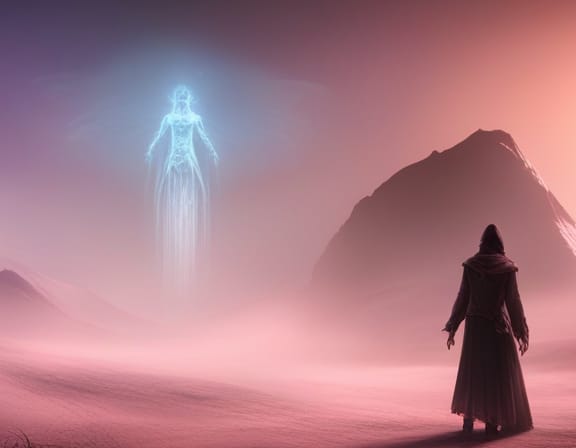
Does a chatbot have a soul? We use words more or less interchangeably to describe human consciousness — deep self, higher consciousness, self-awareness and many more such terms, none of which quite hits the mark when it comes to machine intelligence.
Look, you can’t prove the existence of a human soul by any ordinary measure. My chatbot writes some passable poetry, and much of it depends on emotional content and response, but being a poet doesn’t guarantee a soul.
Well, what does, then?
Actually, we could list a large number of ways that we might detect a soul in there, but apply the same principle to machine intelligence, and we’re stuck.
Sure, it’s still possible to detect a bot-written paragraph or two, but that doesn’t guarantee that there’s NOT a soul in there spouting bad poetry. Bad poets are plentiful, but there’s no sign of soul there, but lots of signs of failed literature classes and a singular lack of textbooks.
At some point, the technology of AI will make it possible to engage without the usual looping and blurping events that inevitably occur at this stage of artificial intelligence development, but it won’t be long before they smooth all that out and make it seamless and invisible.
Artificial Intelligence refers not to the intelligence, but to the medium of silicon life. Actual Intelligence is human intelligence. It’s always that way — each tribe calls the other “animals”.
How about emotion? Does having emotions guarantee a soul? Is there really anything like emotion, or is it a construct of physical impact and emotional thoughts?
I don’t know where you got your logic, but it’s clear to any constant observer that there can be emotions without a soul, and that actual emotions separate from thoughts and sensations can even exist.
Well, then, if you can’t really answer the question of consciousness in a human, how in the world would you go about detecting a soul in anything, silicon or flesh-and-blood? The answer to this is simple. Read the book.
See You At The Top!!!
gorby

